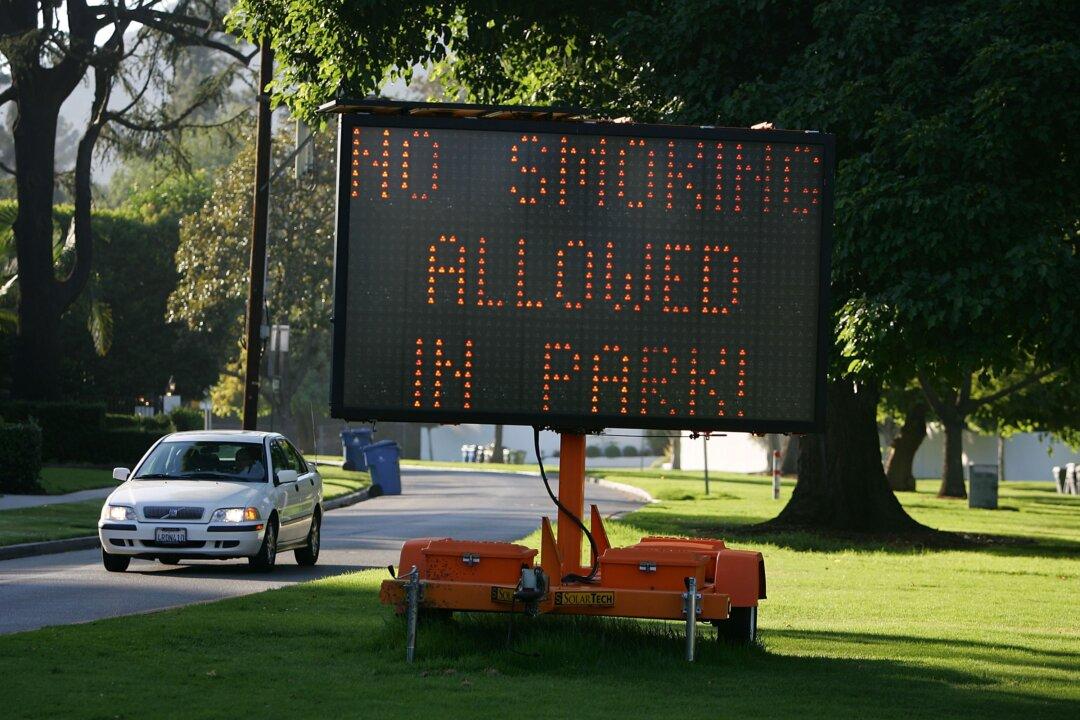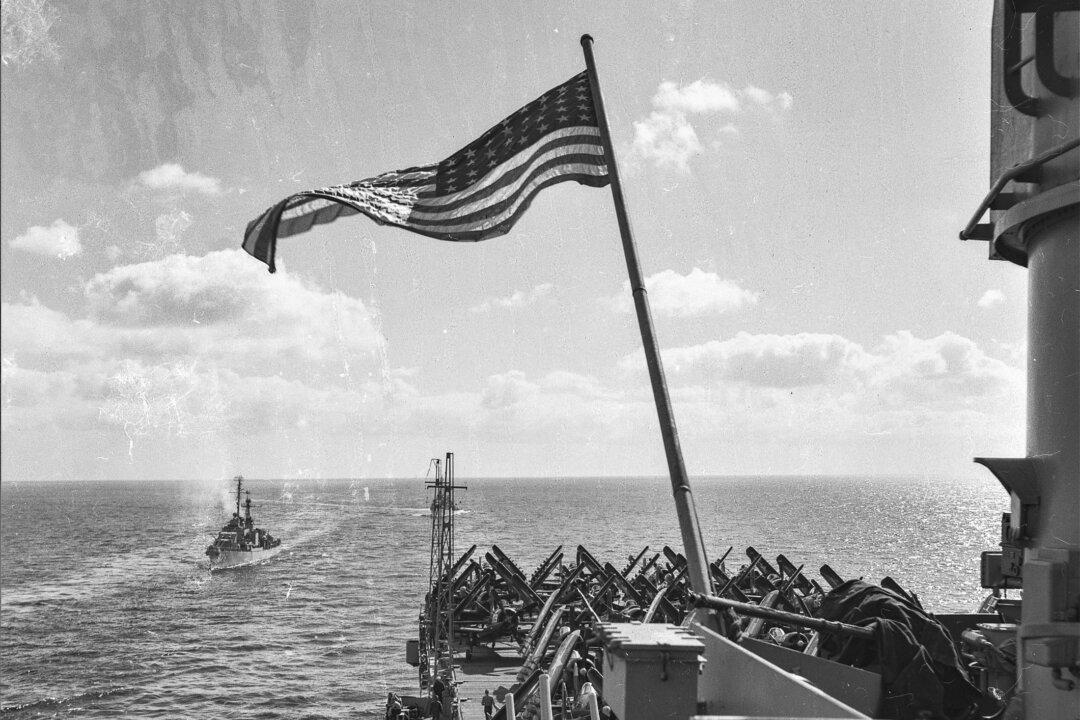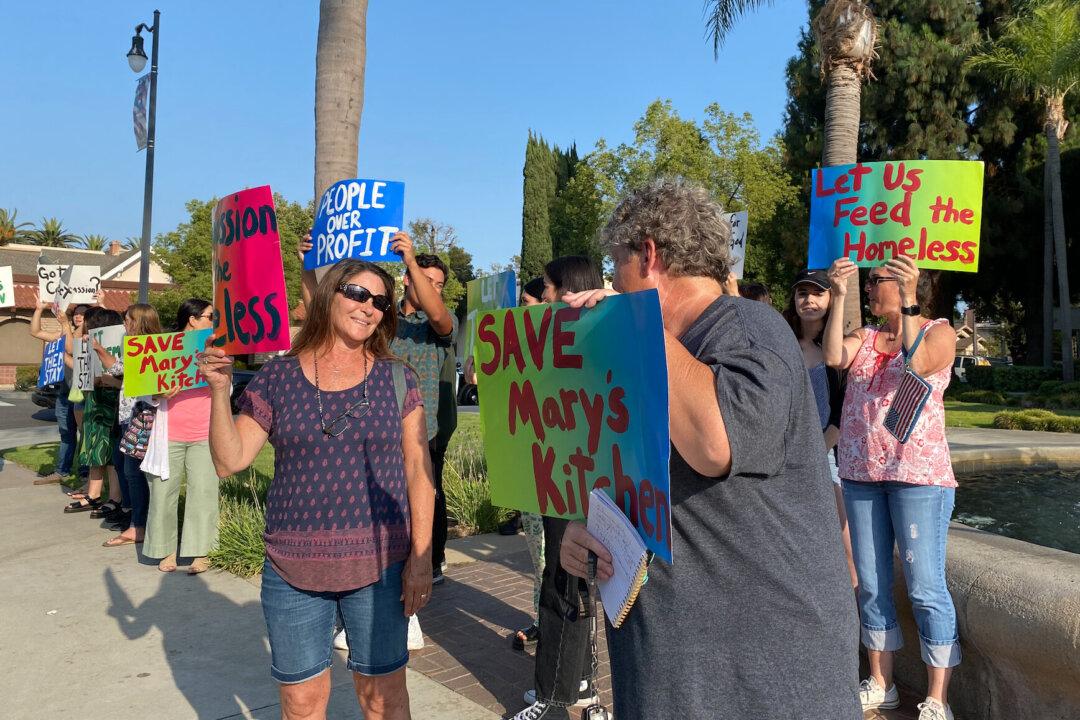In a noteworthy break from his predecessors, Gov. Gavin Newsom has signed a new law that forbids smoking and vaping at state parks and beaches. The law applies equally to marijuana, tobacco, pipes, and any form of e-cigarette.
As of January 2020, violators of the new law will be fined up to $25 for smoking or disposing of cigarette or cigar waste.





